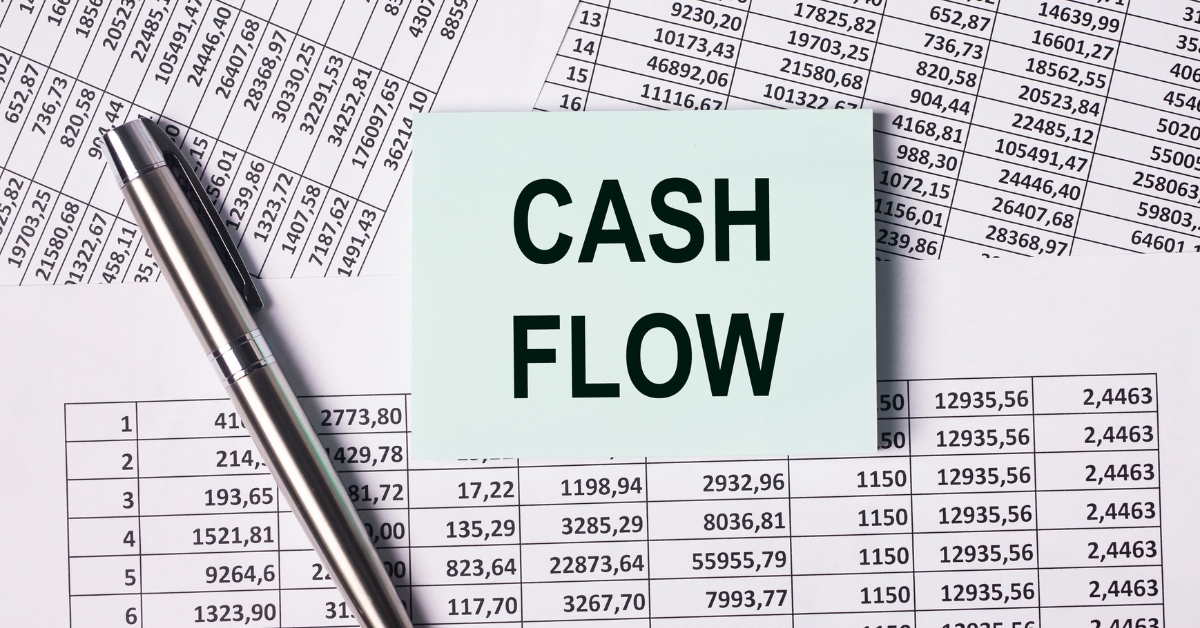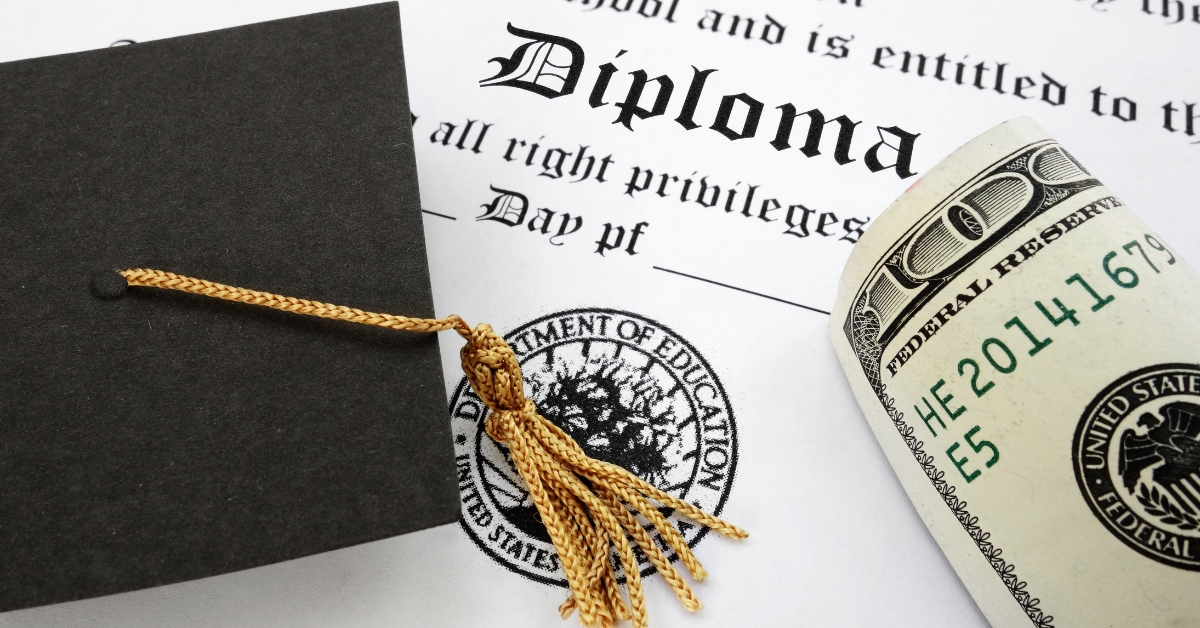Would you like to increase the cash flow in your personal finances? Most people would and you can accomplish higher cash flow by reducing debt, increasing your earnings, being proactive about making payments and maintaining your home and vehicle to avoid costly repairs in the future, and carefully budgeting your money.
Learn creative ways to increase cash flow in your finances in this guide with ideas, tips, and more.
Steps to Increase Your Cash Flow
Before you start trying to increase your cash flow, you need to do some planning. Follow these steps to prepare.

- Review your finances to determine where you are spending your money.
- Identify what you want to increase your cash flow to accomplish.
- Decide where you can cut back your spending.
- Create and follow a budget.
- Make sure you take care of things like auto and home maintenance before they become major expenses.
- Maintain property, auto, and health insurance to protect yourself from financial damage due to unexpected losses or health problems.
- Find ways to earn more income.
Many people think they need to do without important things like insurance to have more cash flow. However, doing so can cause you to be in an impossible financial situation when an emergency arises.
Ways to Increase Cash Flow in Your Personal Finances Now
There are numerous ways that you can increase your cash flow within weeks. Using the tips below, you will quickly have more money on hand.
- Cancel subscriptions you are not using.
- Switch your utilities to companies with better rates.
- Use cashback credit cards.
- Opt for cheap gas station coffee instead of gourmet drinks from expensive coffee shops.
- Join customer loyalty programs at stores you shop at frequently to receive points and discounts.
- Sell items you are not using.
- Do side jobs for extra cash.
- Sell things you make.
- Buy in bulk at a discount store like Costco.
- Drive a moped instead of a car.
- Rent a room in your house.
- Move to less expensive housing.
- Cutback on things you do not need.
- Find free activities and cheap dates to keep you entertained.
- Refinance your house if your interest rate is high.
- Contest your property taxes to lower your annual obligation for assessments.
- Get a part-time job.
- Share a nanny instead of paying for daycare.
- Potty train your baby to save on the cost of diapers.
- Use coupons and a grocery list.
- Buy things you need when they are on sale.
- Cut down on food waste.
- Grow a garden with your favorite fruits and vegetables.
Keys to Always Having Enough Cash
Many famous debt-free motivational quotes talk about the correlation between living comfortably, properly managing what you have, and being happy with less.

Having a steady cash supply depends on learning to manage what you have. If you do not learn how to live within your means, you will face cash flow problems for the rest of your life.
1. Focus on What is Most Important to You
Whether you want more money to buy a house, travel, purchase a new car, or not have to wait until your next paycheck to pay for necessities, you need to define your priorities clearly. You can usually find funds in your budget to save for a goal by eliminating expenses that do not fit in with your plan.
Write down your financial goals. Then, before you make a purchase, ask yourself if it will help you accomplish your dreams. If it doesn’t, don’t buy it. instead, take the money and put it in the bank. That way, you will have more for the things that are truly important to you.
2. Appreciate Your Life and Others
When you are happy with where you are in life and the people around you, you do not need as much because you are more content. Practicing gratitude makes you more appreciative of what you have, so you work harder to keep it. For example, if you are proud of your home, you want to maintain it and pay your home mortgage to avoid foreclosure.
You may have plenty of income to do that, but if you do not appreciate what you have, you may constantly try to fill a void by buying unnecessary things. Increasing your earnings will not fix that, but being thankful for what you have should.
3. Depend Less on Credit to Avoid Interest Payments
To increase your cash flow long-term, paying for things in cash as often as possible is important. Having high credit card bills makes you a slave to debt. You have to work to pay back the money you have already spent.
Pay a larger down payment when you have to use credit for something like a home mortgage. That way, you are financing less and have a lower monthly payment. Then, send principal payments when you can to pay your loans off faster. You can also use the 10/20 budget rule to pay off and manage debt.
4. Sacrifice Today to Live More Comfortably Later
At some point in life, most people have to make sacrifices. You can sacrifice when you are younger to spoil yourself more when you are older. Or you can spend all of your cash flow today and worry about making ends meet after you retire.
5. Stay Organized
Being organized helps you know what you have so you can better manage your resources. For example, if you throw away food often, planning meals can help you manage food waste and decrease your monthly grocery bill, and organizing your pantry allows you to see what you have so you can use it before it expires.
6. Invest in Yourself
Getting a degree or learning a new skill can help you to earn more money. Investing in yourself does take time and resources, but like Debasish Mridha said, ‘invest in yourself to get the best interest.’

Final Advice on How to Increase Cash Flow in Your Personal Finances
To increase cash flow in your personal finances, you need to do more than earn more money. Most people would have plenty of cash if they learned to live within their means and appreciate what they have. So, if you want more money, try the ways above. If, after trying these tips, you find that your income is not enough to do the things you want to do, try returning to school to increase your earning potential. Or, consider a non-traditional job to earn more.
For help with other personal finance matters, like what to do if your 401k is losing money, look at the other guides on our site.
